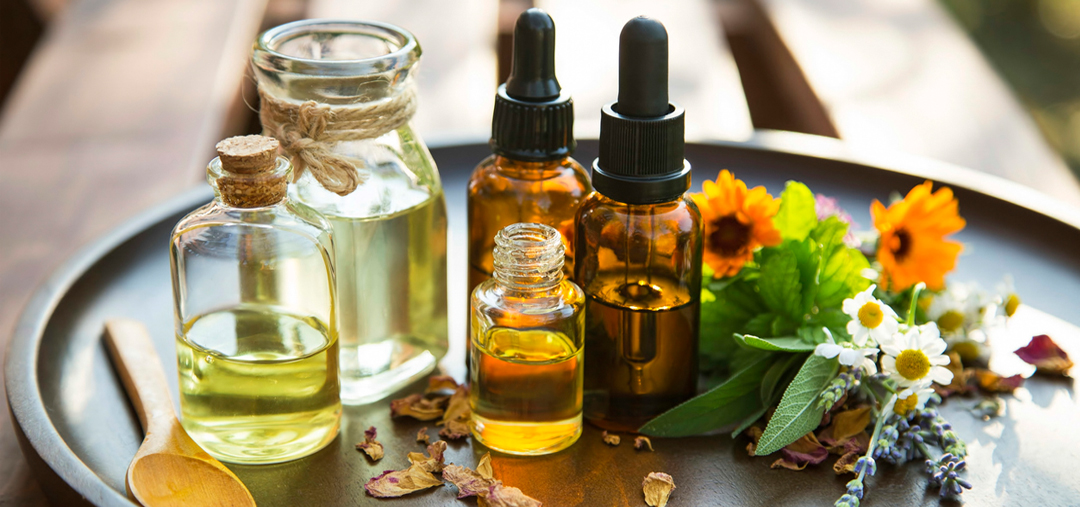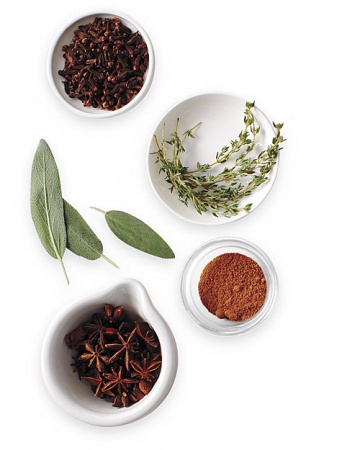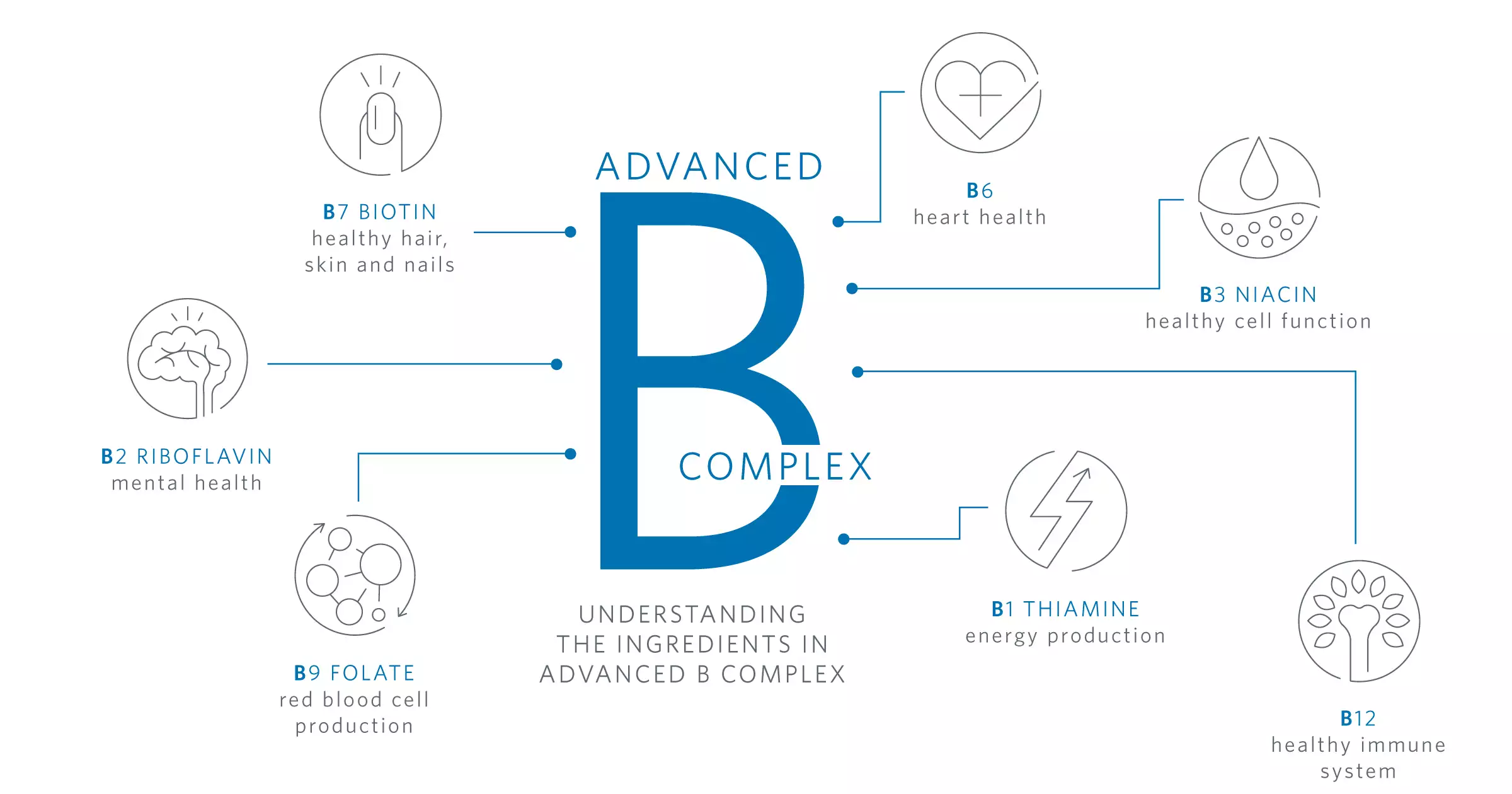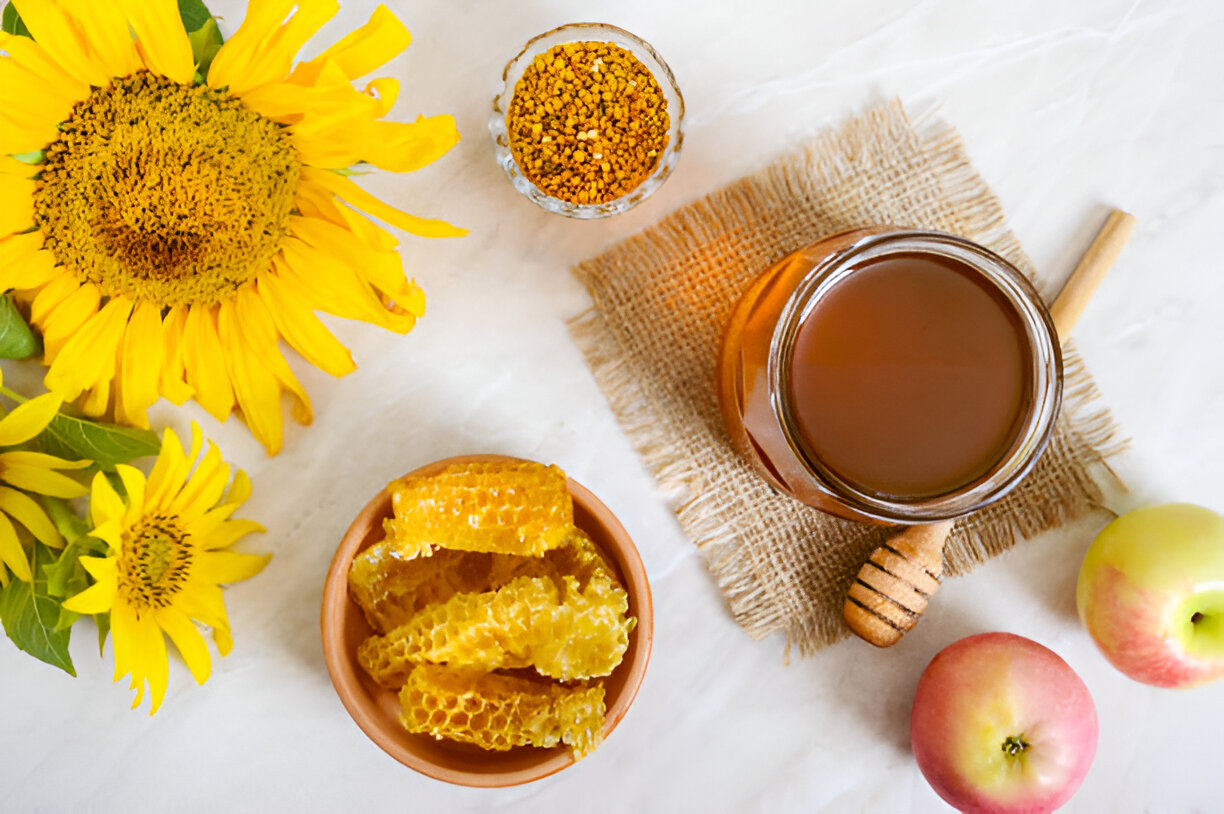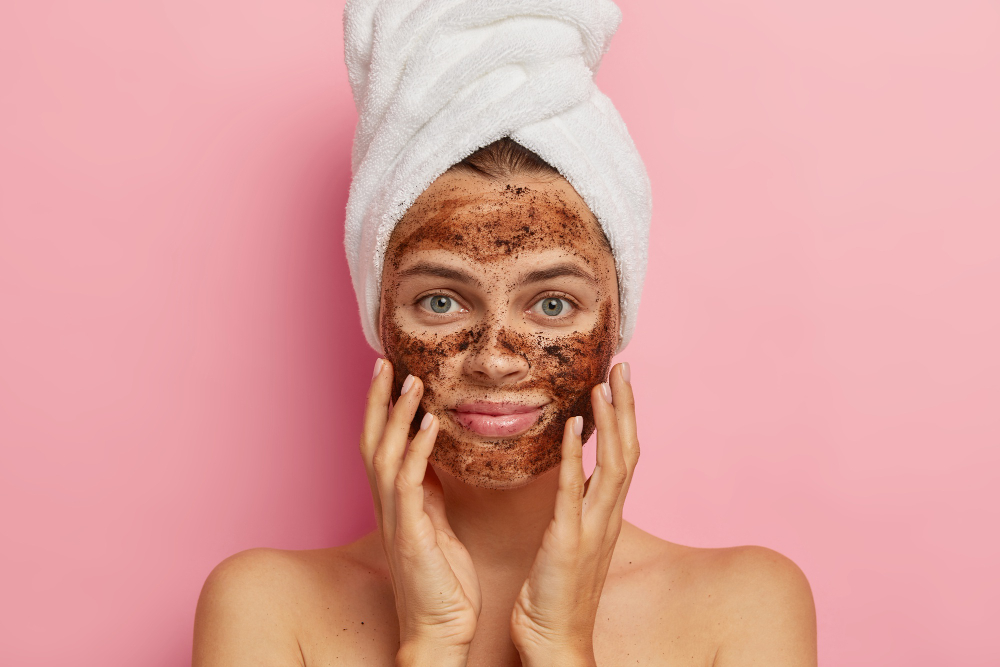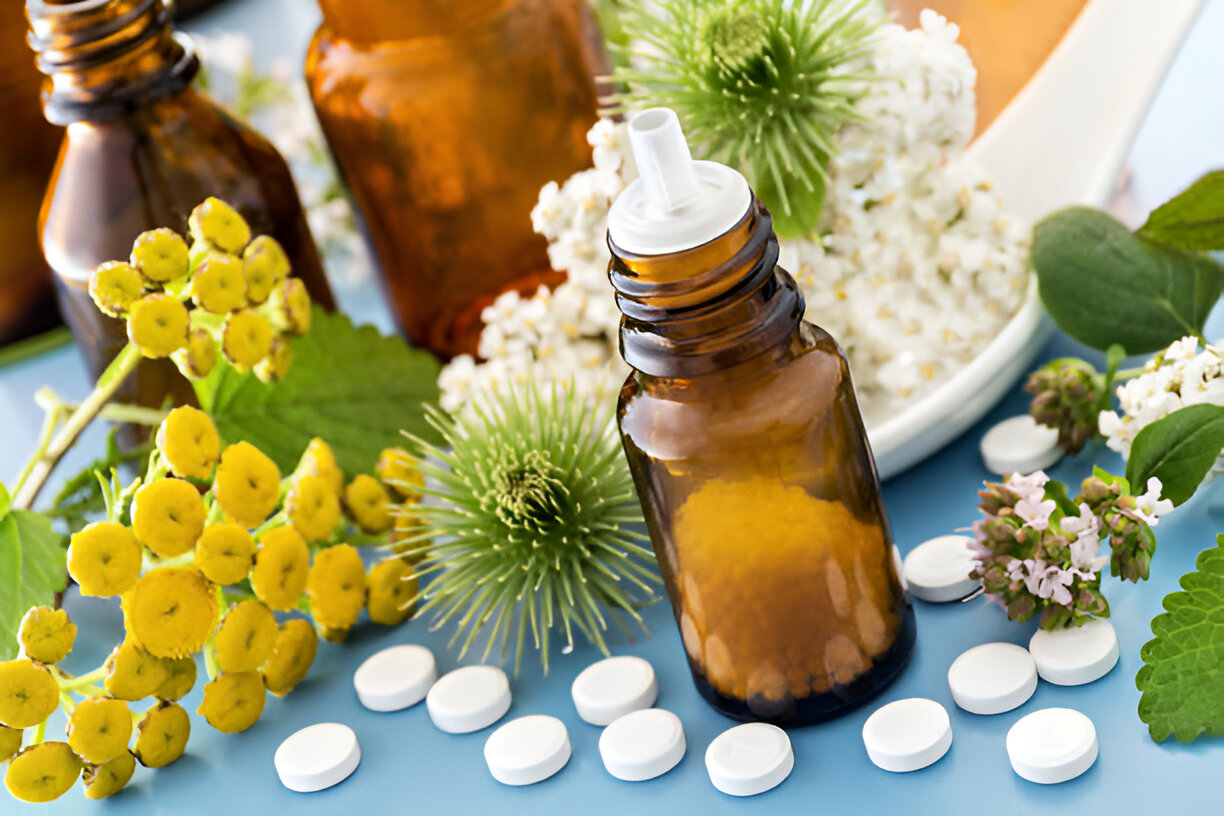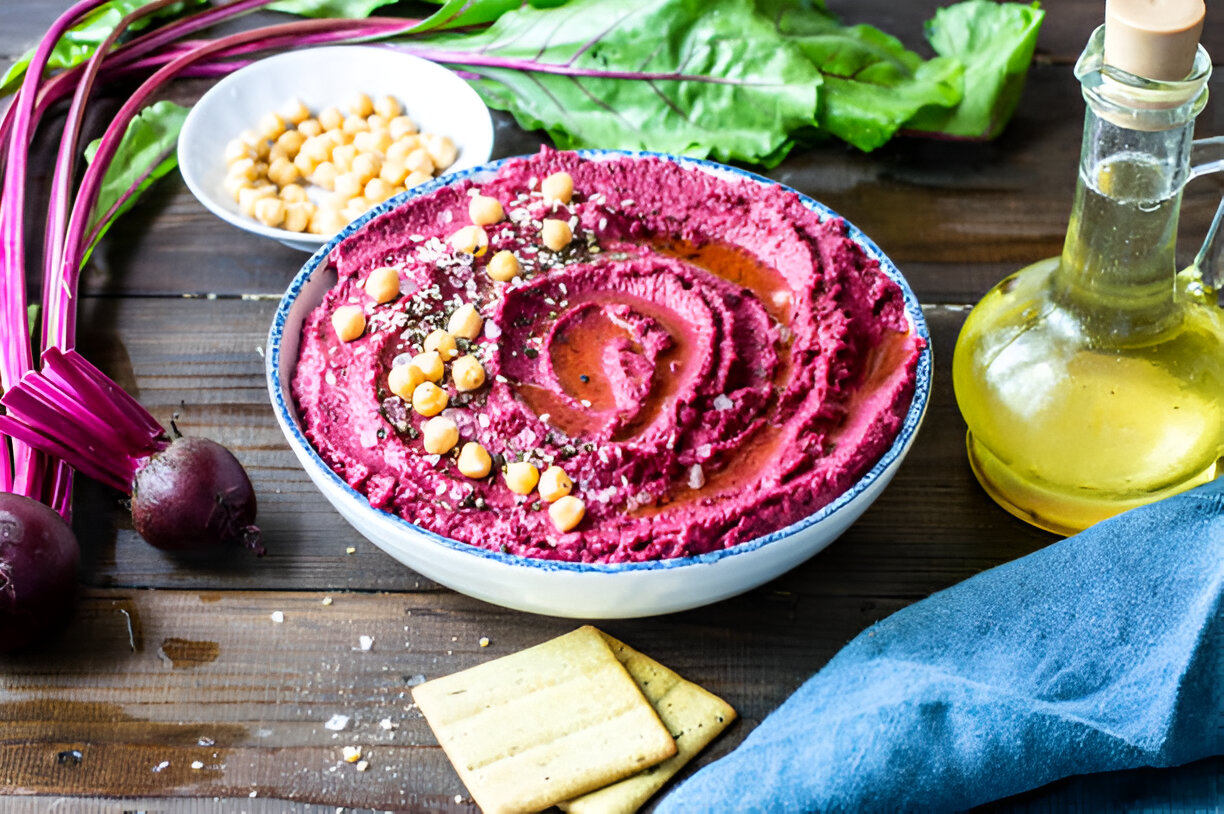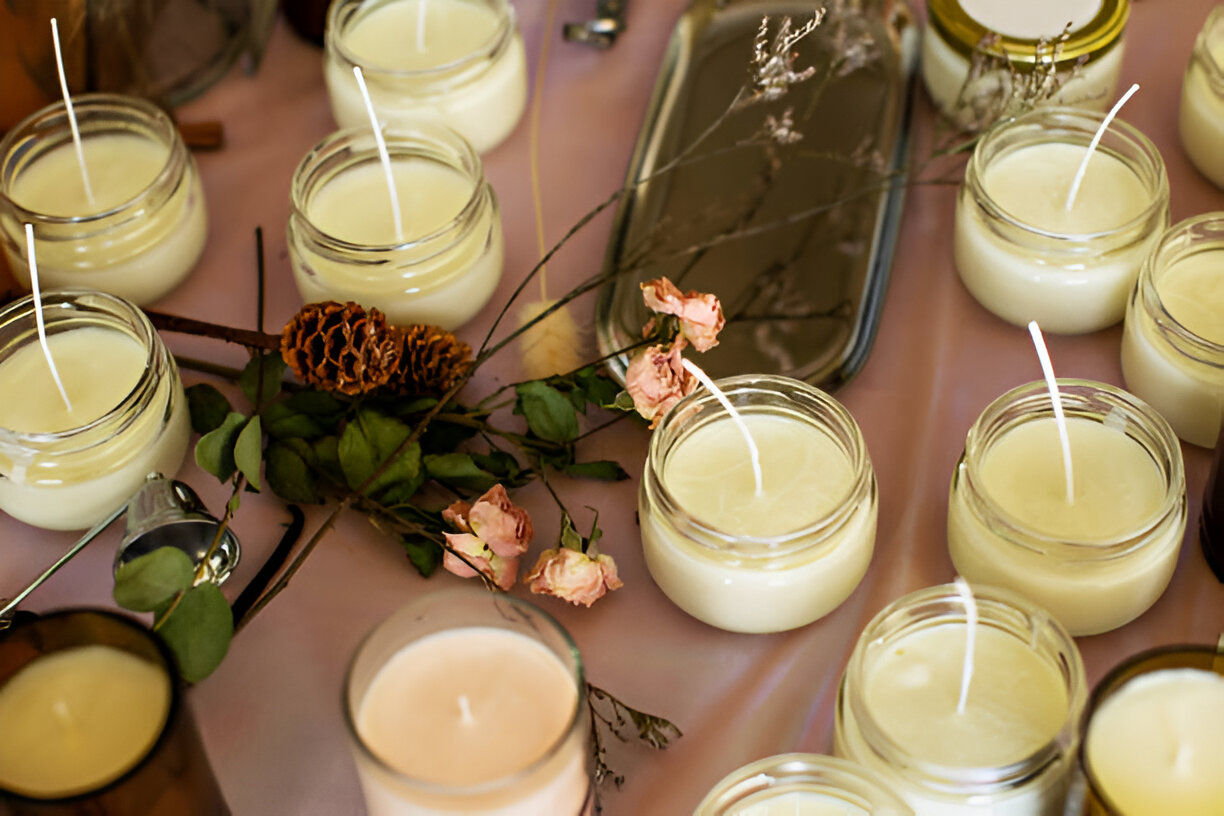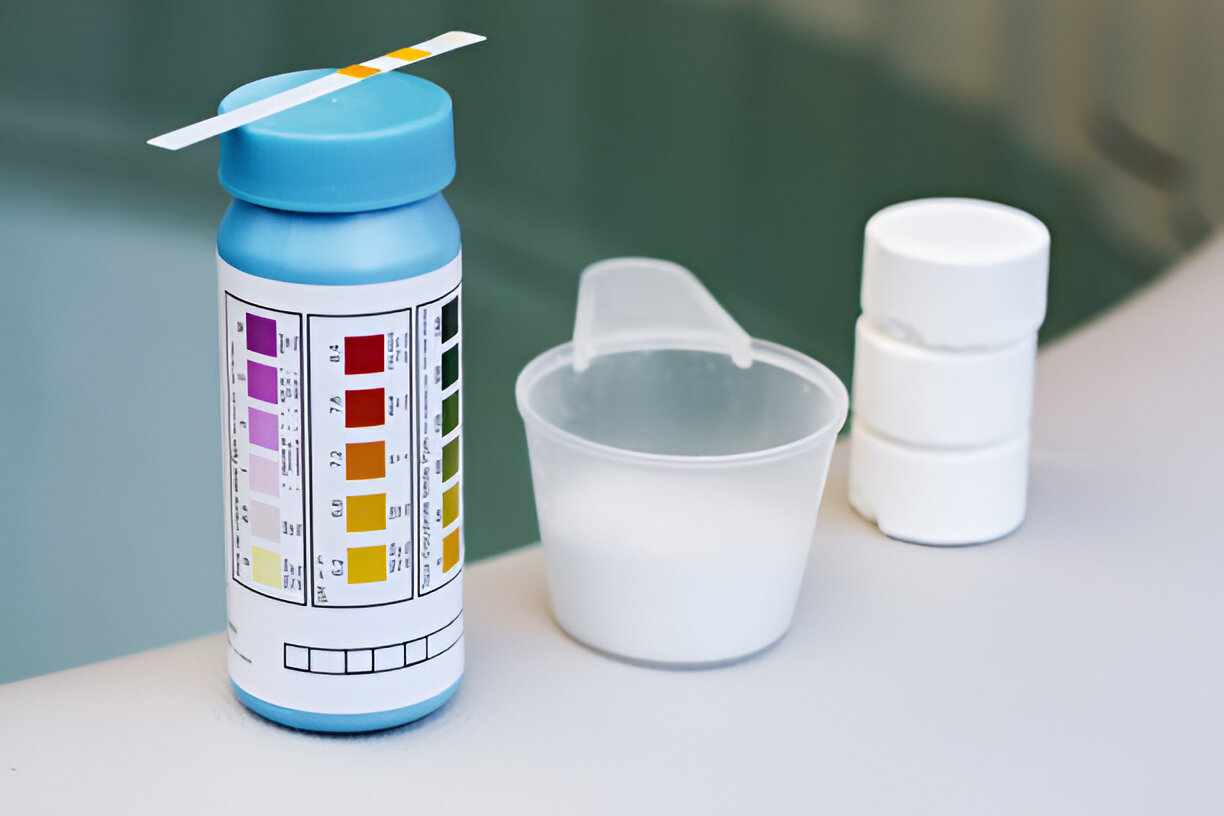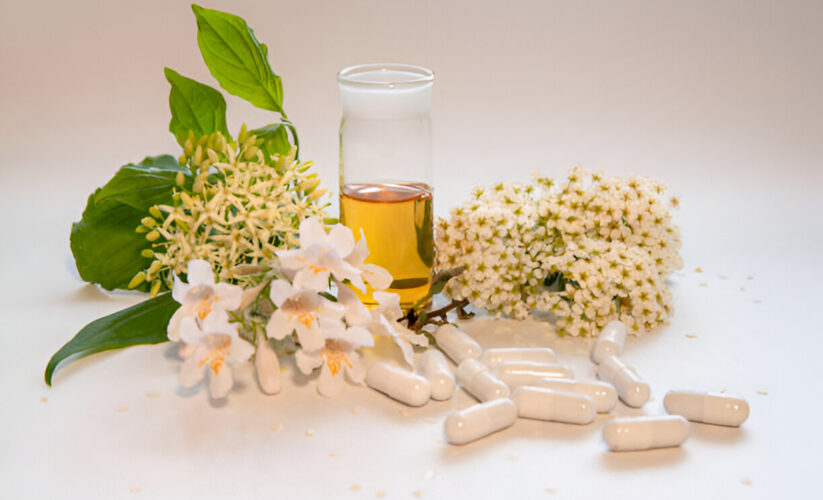

Research-based techniques that fight depression naturally have emerged as a complement to drugs and talk therapy, for a truly integrated approach.
Over the course of their lives, 10 to 15 percent of Americans will experience minor depression (and 21 percent of American women will have at least one episode of major depression) due to the interplay between genes and life circumstances.
Depression is associated with changes in levels of serotonin and other neurotransmitters responsible for feelings of calmness and well-being; lowered levels may trigger a powerful physical and mental response.
Pros and Cons of Medication
Most antidepressant medications target one or more of these key neurotransmitters; some of the most commonly prescribed are SSRIs, which are thought to work by pumping up serotonin and stabilizing neurochemical levels.
There’s evidence SSRIs can treat severe depression, but it’s less clear how effective they are for milder cases. Based on the latest research, complementary therapies are being incorporated into treatments to help mitigate the symptoms of depression and to restore the sufferer’s sense of well-being and control.
It’s paramount to remember that these strategies are not necessarily a substitute for medication. If you’re taking an antidepressant, talk with your doctor before reducing your dosage.
Dietary Tweaks
“The most powerful medical tool at your disposal is the fork,” says Mark Hyman, M.D., who blames diets with too many processed foods as a major contributor to mood problems.
Hyman often prescribes a whole-foods approach, focusing on an increased intake of omega-3 fatty acids. Studies show that a diet low in these cellular building blocks has been linked to depression.
Oily fish, like wild salmon, herring, and sardines, are the richest natural sources, but unless you eat fish three or more times a week, you may need DHA and EPA supplements to reach the recommended levels.
Other supplements to ask your doctor about: SAMe (S-adenosylmethionine), which may increase levels of serotonin; rhodiola rosea, an herbal remedy good for boosting energy; and
St. John’s wort
, an herb that, according to two large meta-analyses, can perform as well as SSRIs for mild and moderate depression.
Internal Exams
Cognitive therapy (which seeks to change problematic thoughts and feelings) and its cousin, cognitive behavioral therapy (which also addresses your actions), are the most rigorously vetted therapies for depression.
The assumption: Unexamined negative thoughts give rise to the dark moods that can lead to, or intensify, depression. The patient tracks her response to uncomfortable life situations: What thoughts automatically come up?
Upon reflection, what’s the evidence that these thoughts are based on incomplete or distorted information? Does a more accurate assessment lead to a better mood? Eventually, this approach was wedded with Buddhist-derived “mindfulness” meditation practices.
The hybrid, mindfulness-based cognitive therapy, in which participants step back to observe their feelings, has been shown by at least two studies to be as effective as SSRIs for preventing relapse depression.
Lifestyle: Exercise, Sleep, Light
Exercising may be the most powerful way to tweak our lifestyle on behalf of our brains and our moods. More than a hundred clinical studies have concluded that exercise boosts mood and mental function.
Physiologically, the usual suspects are involved: stress reduction and stimulation of the mood-modulating neurotransmitters serotonin and dopamine.
Stephen Ilardi, Ph.D., a University of Kansas-based psychologist, advises: Schedule 90 minutes a week; make it social; make it fun; and take it outside. Outdoor workouts do double duty because sunlight and fresh air energize the body and indirectly improve sleep, another essential for mental health.
One of the most effective tips for restful sleep is to get early-morning exposure to bright light. Fifteen to 30 minutes of bright morning light is enough to keep your body clock, and the hormones it controls, in sync.
Studies also show that bright-light therapy helps reverse depression associated with the fall and winter months. Ilardi recommends using a 10,000 lux light box, the equivalent of a bright, sunny morning.
Handiwork
In a world where so much is digital, virtual, and instantly gratifying, good old-fashioned work with our hands — like crafting, construction, knitting, or pottery — can satisfy a primal craving to create solid objects, says neuroscientist Kelly Lambert, chair of the psychology department at Virginia’s Randolph-Macon College and author of
“Lifting Depression,”
and can be an antidote to cultural malaise.
Physical labor can activate otherwise unused regions in the brain that affect our sense of well-being — areas associated with reward, problem-solving, and emotion.
Learning a new skill can also give us job and anticipation, and can distract the mind from more troubling affairs.
Read more about handiwork and depression.
Yoga
A landmark 2008 study of LifeForce Yoga, done in collaboration with researchers from UCLA and Harvard, suggests that a regular
mind-boosting yoga practice
can help decrease symptoms of depression. According to coauthor Amy Weintraub, yoga works because it “gives the mind a bone.”
A 2007 study links yoga with lower stress hormones and an increase in the anxiety-tamping neurotransmitter GABA.
And remember, says psychiatrist James Gordon, M.D., author of
“Unstuck,”
“part of what’s important to human beings is having a sense of meaning and purpose. And one of the terrible things about being depressed is that you feel that’s gone.” Yoga and psychotherapy help you look outside of yourself and remind you the world is still there.






